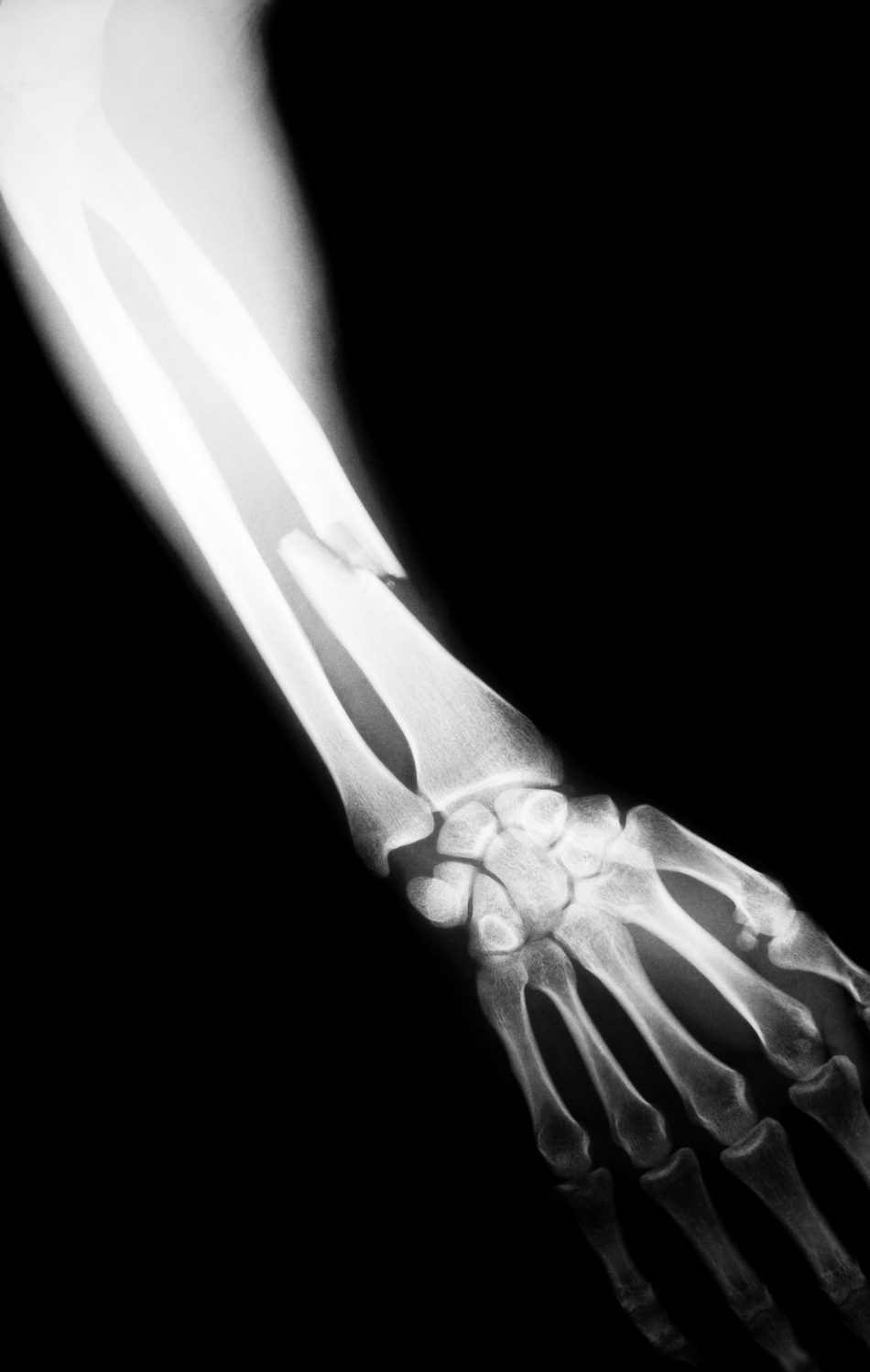
Episode Transcript
Announcer: Need reliable health and wellness information? Don't listen to the guy in the cube next to you, get it from a trusted source, straight from the doctor's mouth. Here's this week's listener question on The Scope.
Interviewer: This week's listener question is about fractures, and we've got an expert here to answer it, orthopedic surgeon Dr. Justin Haller. So the question is if this parent suspects that their child has a fracture, or if somebody suspects that they have a fracture, is that something that you need to have treated, or can that just heal on its own? I mean, because it's not like a broken bone.
Dr. Haller: Sure, that's a great question, and a fracture is a broken bone. And it's. . .
Interviewer: Okay.
Dr. Haller: And so it depends on the type of fracture and the severity of the fracture, whether it needs an operation or whether it can be treated with a cast. To really be evaluated, the patient needs to have an x-ray to determine the amount of displacement or the amount that the bone has moved, and the location of the fracture as to whether it needs an operation or not.
Interviewer: So I guess the question is, how would this person even know that they have a fracture? I mean, what are the symptoms of that? Because a broken bone is pretty obvious if you've got a malformed arm.
Dr. Haller: That's right. Yeah, so, a fairly displaced fracture is pretty obvious, where an arm or leg doesn't look right, as patients say, but a non-displaced fracture can be as simple as just pain in a wrist. And the only way to really know is to get an x-ray.
Interviewer: Yeah, and ultimately, it sounds like what you're saying is, if you have symptoms, you believe it's a fracture, realize that that is a broken bone.
Dr. Haller: Right, exactly, that's a broken bone.
Interviewer: That something might need to be manipulated to make sure that it heals properly.
Dr. Haller: Yes.
Interviewer: And you should seek treatment.
Dr. Haller: You should seek treatment to have it evaluated to see if it's something that needs a manipulation in a cast, or whether it's something that needs an operation.
Announcer: If you like what you heard, be sure to get our latest content. Sign up for weekly content updates at thescoperadio.com. This is The Scope, powered by University of Utah Health Sciences.